If you click on a link and make a purchase we may receive a small commission. Read our editorial policy.
Overgrown children of the atom: Marvel's X-Men can't evolve past their '90s commercial peak
It's not just the name; the X-Men as a whole are stuck in the past

Longterm X-Men writer Chris Claremont might have been onto something when he complained that the name ‘The X-Men’ is outdated — it’s “so 1960s,” he said during a recent convention appearance, which leads me to wonder how he feels about ‘The Fantastic Four’ or, for that matter, Alison Blaire’s superhero name being the Disco Dazzler. He’s not entirely wrong, of course, but… are the X-Men themselves outdated, as well?
I’m aware that I’m saying this at a point when the X-Men are arguably as popular as they’ve been at any point in the past decade or so; a lot of people have been watching the newly-launched X-Men ’97 on Disney+, and the recent announcements about the summer 2024 relaunch of the X-Men comic book line have gotten a lot of people talking about what they want to see when it comes to Marvel’s mutant heroes — all of which is probably a very welcome thing to Marvel as an overall entity, coming as it does before this summer’s release of Marvel Studios’ first official X-Men movie.
There’s just one problem: Every single one of the above three topics is intentionally backwards-looking.
Keep up to date on Popverse's Marvel coverage, with these highlights:
- The MCU needs Anya Taylor-Joy's Magik in it (and not just for the X-Men connection)
- How Disney+'s What If...? is the moonshot for the next 50 years of Marvel Studios & the MCU
- Marvel Studios has accidentally created a new Phase that predates Phases 1 - 6: the MCU Phase Zero
- Overgrown children of the atom: Marvel's X-Men can't evolve past their '90s commercial peak
- The biggest outstanding questions of the Marvel Studios' movies & TV shows
- Donald Trump is the landlord for Marvel's House of Ideas
- Marvel Studios swapping out Doctor Doom for Kang offers the chance to jettison the Multiverse Saga
- What Marvel Studios boss Kevin Feige is saying (and not saying) about the MCU X-Men franchise says a lot about the future of the Mutant Saga
- If Marvel is going to bring Loki back for Secret Wars, it's time to give him an upgrade
- In 2021, Sony's boss said people won't miss Spider-Man in its Spider-adjacent movie. Turns out, they do.
X-Men ’97, after all, is a revival of an animated series that ended more than a quarter of a century ago, with its very title calling out the nostalgic element extremely loudly. X-Men: From the Ashes is a return to the long-term status quo of the comic book property after the five-year-experiment of the Krakoa-era; the characters are re-entering the mainstream Marvel Universe as superheroes, with the three 'new' X-Men series — X-Men, Uncanny X-Men, and Extraordinary X-Men — all taking one of the old-school tropes of the franchise and running with it, with each using a pre-existing logo to underscore the 'everything old is new again' appeal to lapsed fans. Arguably Deadpool & Wolverine is the least retro of all Marvel’s upcoming big X-Men moves, but even that uses the return of Hugh Jackman to the role of Wolverine as its primary selling point. There’s just not a lot of… new there.

Which is, itself, nothing new. For all the comic book fans may be complaining that 'From the Ashes' seems too old-fashioned after the Krakoa-era X-Men comics — which recast the characters as separatists if not supremacists, living apart from humanity on either their own island or their own planet, having conquered death and declaring themselves deities to the rest of the world — it’s something that comic book fans with long memories know all too well, having seen Grant Morrison’s similarly ground-breaking New X-Men comic book run followed by Joss Whedon and John Cassaday’s Astonishing X-Men, which brought things back to the superhero status quo with a smirk and no small amount of self-consciousness. Ironically, for a property centered around the idea of evolution, the X-Men have shown an inability to move past their commercial heyday of the 1990s… an era three decades in the past, by this point.
To put that in some perspective, the distance between today and the release of Chris Claremont and Jim Lee’s X-Men #1 — still the best-selling comic book in American history, at just over 8 million copies in summer 1991 — is 33 years. That’s the same length of time between the first appearance of the X-Men in 1963’s X-Men #1 and the very first Dick & Jane books for kids all the way back in 1930.
Related: X-Men power couple Rachel Summers and Betsy Braddock to star in new fall Marvel comic
It’s unclear what, exactly, is to blame for the X-Men’s failure to abandon the past by this point. Obviously, those responsible for telling X-Men stories take no small amount of responsibility, but the audience clearly has to share in this in some way: if there wasn’t such a hunger for X-Men stories like the good ol’ days, then X-Men ’97 wouldn’t be the hit it clearly is, and Deadpool & Wolverine wouldn’t have generated the pre-release buzz that it clearly has — the same is true for X-Men: From the Ashes, as well. The kids just like to see Wolverine in that blue and yellow costume hanging out with Rogue and Gambit, I guess…? Maybe people just really like to see Cyclops’s hair flowing in the breeze while he keeps his body warm with a lot of pouches irrationally arranged about his person, I don’t know.
Do people genuinely feel that was the peak of the ideas the franchise is built around? (Personally, I prefer both Claremont’s late-80s restlessness when he consistently reinvented the series and the team, and Morrison’s early 2000s revamp, but I’m also of a particular generation myself.) Is it simply a nostalgic desire to return to when we all had less achy bones, more hair, and didn’t feel so tired all the goddamned time that makes people want to see the X-Men consistently return to their 1990s visuals and surroundings, or something else?
Whatever the reason, it’s clear that Chris Claremont may or may not be right about the name X-Men being old-fashioned, but even if so, it’s no less trapped in the past than the larger X-Men property itself.
Want to know what's coming up next in pop culture? Check out Popverse's guides to:
Follow Popverse for upcoming event coverage and news
Find out how we conduct our review by reading our review policy
Let Popverse be your tour guide through the wilderness of pop culture
Sign in and let us help you find your new favorite thing.



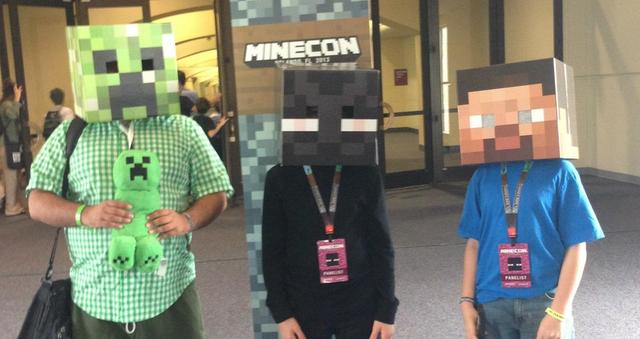
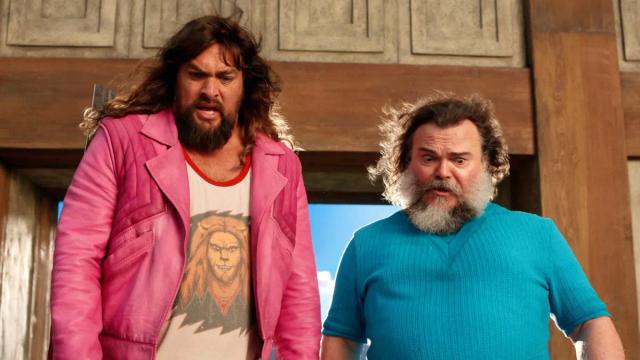
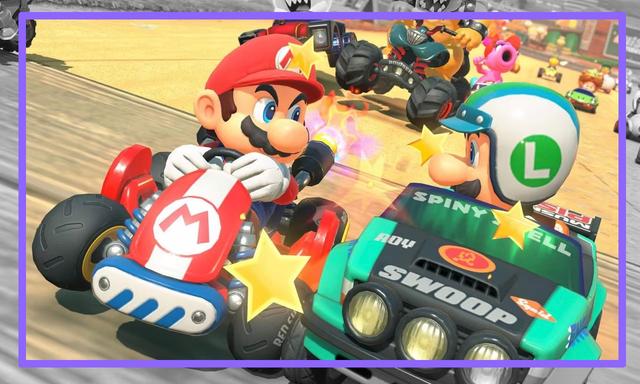

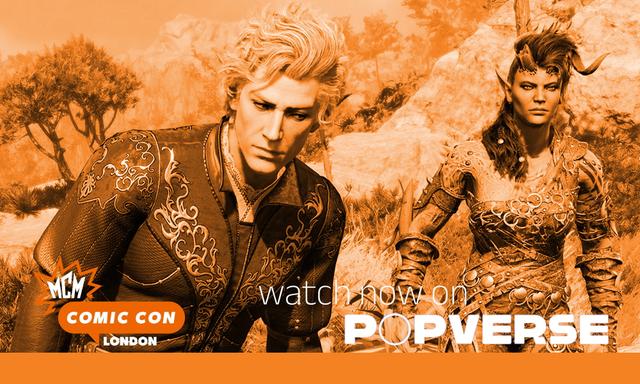

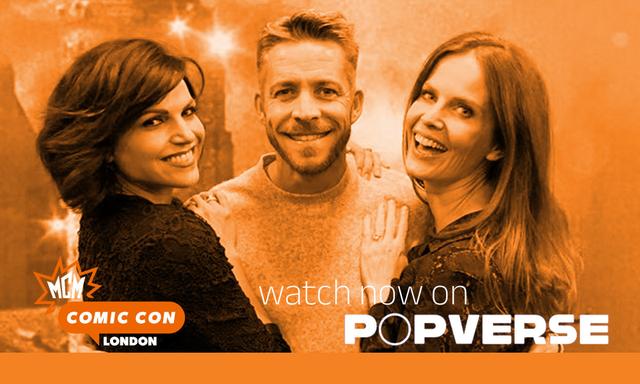






Comments
Want to join the discussion? Please activate your account first.
Visit Reedpop ID if you need to resend the confirmation email.